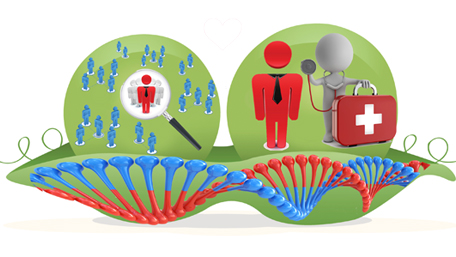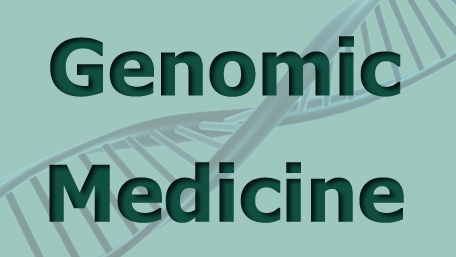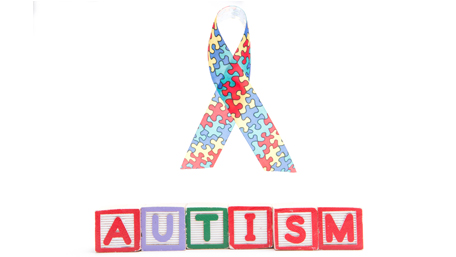
04/23/2020
Hot Topics of the Day are picked by experts to capture the latest information and publications on public health genomics and precision health for various diseases and health topics. Sources include published scientific literature, reviews, blogs and popular press articles.
Sign up MyPHGKB to receive the daily hot topic email alert.
Archived Hot Topics of the Day By Date
The Challenge of Tracking COVID-19’s Stealthy Spread
NIH Director's Blog, April 23, 2020
NIAID strategic plan details COVID-19 research priorities
NIH, April 23, 2020

Community and Socioeconomic Factors Associated with COVID-19 in the United States: Zip code level cross sectional analysis
A Guha et al, MEDRXIV, April 22, 2020
Researchers Study Why Men Seem To Be More Affected By COVID-19
NPR, April 23, 2020
Detection of SARS-CoV-2 RNA by direct RT-qPCR on nasopharyngeal specimens without extraction of viral RNA
MR Hasan et al, MEDRXIV, April 23, 2020
The Novel Coronavirus Disease (COVID-19): A PRISMA Systematic Review and Meta-analysis of Clinical and Paraclinical characteristics
H Hazani et al, MEDRXIV, April 23, 2020
Identification of super-transmitters of SARS-CoV-2
X Yang et al, MEDRXIV, April 23, 2020
Population genomics insights into the recent evolution of SARS-CoV-2
M Vasilarou et al, BIORXIV, April 23, 2020
Is ethnicity linked to incidence or outcomes of covid-19?
BMJ Editorial, April 20, 2020
The impact of genomics on precision public health
Call for Papers, Genome Medicine, April 22, 2020
Clinical Genomics Data for Precision Medicine
S Garcia et al, Health IT Buzz, April 22, 2020
Sync for Genes: Making Clinical Genomics Available for Precision Medicine at the Point-of-Care
SG Garcia et al, Appl Clin Informatics, April 2020
A catalogue of cancer-driving mutations in healthy tissue
Nature News, April 22, 2020
Role of RNA modifications in cancer
I Barbieri et al, Nature Reviews Cancer, April 2020
A framework for an evidence-based gene list relevant to autism spectrum disorder.
Schaaf Christian P et al. Nature reviews. Genetics 2020 Apr
Cardiovascular Complications of COVID-19
M McGowan, The FH Foundation, April 22, 2020
Whole‐Genome Approach Discovers Novel Genetic and Nongenetic Variance Components Modulated by Lifestyle for Cardiovascular Health
X Zhou et al, JAHA, April 2020
Disclaimer: Articles listed in Hot Topics of the Day are selected by Public Health Genomics Branch to provide current awareness of the scientific literature and news. Inclusion in the update does not necessarily represent the views of the Centers for Disease Control and Prevention nor does it imply endorsement of the article's methods or findings. CDC and DHHS assume no responsibility for the factual accuracy of the items presented. The selection, omission, or content of items does not imply any endorsement or other position taken by CDC or DHHS. Opinion, findings and conclusions expressed by the original authors of items included in the Clips, or persons quoted therein, are strictly their own and are in no way meant to represent the opinion or views of CDC or DHHS. References to publications, news sources, and non-CDC Websites are provided solely for informational purposes and do not imply endorsement by CDC or DHHS.
- Page last reviewed:Feb 1, 2024
- Page last updated:May 14, 2024
- Content source:








